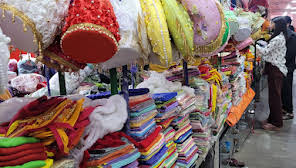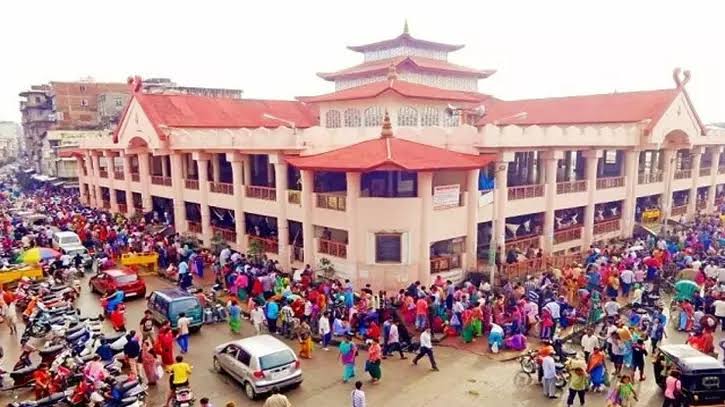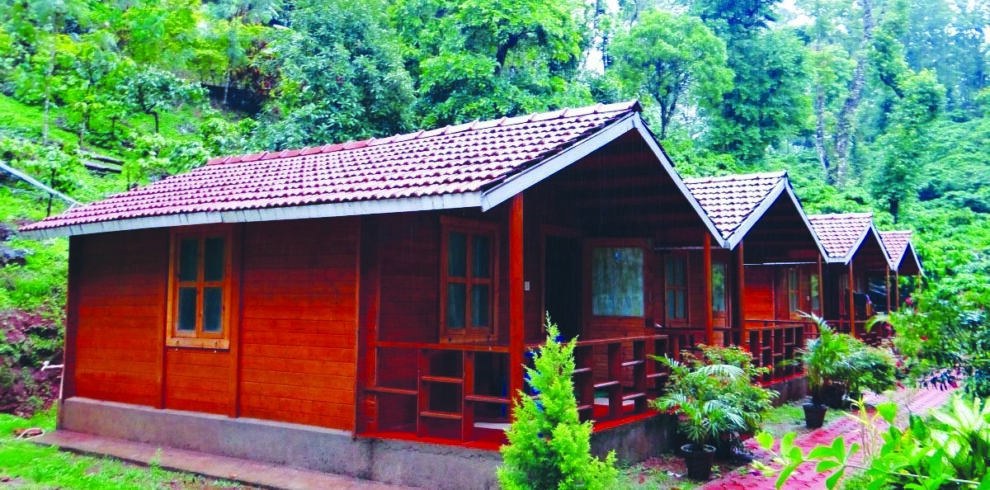500 m from city Imphal
Ema Keithel Market: The Pride of Manipur
Ema Keithel, also known as Ima Market or Mother’s Market, is a unique and historic marketplace located in the heart of Imphal, Manipur. It is renowned for being the largest women-run market in Asia and possibly the world. This iconic market is not just a shopping destination but a symbol of empowerment, tradition, and culture for the people of Manipur.
Historical Background
Ema Keithel has a rich history that dates back several centuries. The market is believed to have been established around 1533 AD during the reign of King Khagemba. Originally, it started as a barter system where women from nearby villages came to trade their goods. Over the years, it evolved into a bustling marketplace that became an integral part of the local economy and society.
The market’s unique feature is that it is exclusively run by women. This tradition has been maintained for generations, reflecting the significant role women play in the socio-economic fabric of Manipur. Ema Keithel has survived various political and social upheavals, including colonial rule, and continues to thrive as a symbol of resilience and community spirit.

Structure and Layout
Ema Keithel is divided into three main sections: Laxmi Keithel, New Market, and Khwairamband Keithel. Each section specializes in different types of goods, ranging from traditional handicrafts and textiles to fresh produce and household items. The market houses over 5,000 women vendors, each with her own stall, creating a vibrant and dynamic atmosphere.
The market buildings are designed to accommodate a large number of vendors and shoppers. The stalls are arranged in neat rows, making it easy for visitors to navigate through the bustling market. The colorful displays of goods, the lively chatter of the vendors, and the aromatic scents of local delicacies create a sensory experience that is unique to Ema Keithel.
Cultural and Social Significance
Ema Keithel is more than just a marketplace; it is a cultural institution that reflects the traditions and heritage of Manipur. The market is a testament to the entrepreneurial spirit and independence of Manipuri women. It provides a platform for women to showcase their skills and contribute to the local economy.
The market also plays a crucial role in preserving traditional crafts and practices. Many of the items sold at Ema Keithel, such as handwoven textiles, traditional attire, and indigenous jewelry, are crafted using age-old techniques passed down through generations. By supporting these artisans, the market helps keep these cultural practices alive.
Economic Impact
Ema Keithel is a vital part of Manipur’s economy. It provides employment and income for thousands of women, enabling them to support their families and improve their living standards. The market attracts visitors from all over the region, contributing to the local tourism industry. It also serves as a hub for the distribution of local produce and goods, promoting sustainable economic growth in the region.
A Unique Shopping Experience
Visitors to Ema Keithel can expect a shopping experience unlike any other. The market offers a wide variety of products, including fresh fruits and vegetables, handmade crafts, traditional clothing, and local delicacies. The friendly and knowledgeable vendors are always eager to share the stories behind their products and offer recommendations.
One of the highlights of Ema Keithel is the opportunity to purchase traditional Manipuri handloom textiles. These beautiful fabrics, known for their intricate designs and vibrant colors, are highly sought after by both locals and tourists. Visitors can also find unique souvenirs such as pottery, bamboo crafts, and traditional jewelry, making it a perfect place to pick up gifts and mementos.

Challenges and Future Prospects
Despite its many successes, Ema Keithel faces several challenges. The market infrastructure, though functional, requires regular maintenance and upgrades to accommodate the growing number of vendors and visitors. Additionally, the market vendors face competition from modern retail outlets and online shopping platforms.
To address these challenges, efforts are being made to modernize the market while preserving its traditional character. Initiatives such as the construction of new market buildings, the introduction of digital payment systems, and the promotion of Ema Keithel as a cultural tourism destination are being undertaken. These measures aim to ensure the market’s continued relevance and sustainability in the modern economy.
Conclusion
Ema Keithel Market is not just a commercial hub but a living testament to the cultural heritage and resilience of the people of Manipur. Its unique tradition of being run entirely by women makes it a symbol of empowerment and a beacon of hope for women’s entrepreneurship. A visit to Ema Keithel offers a glimpse into the rich cultural tapestry of Manipur and provides an unforgettable shopping experience. As it continues to evolve and adapt to changing times, Ema Keithel remains a shining example of how tradition and modernity can coexist harmoniously.



